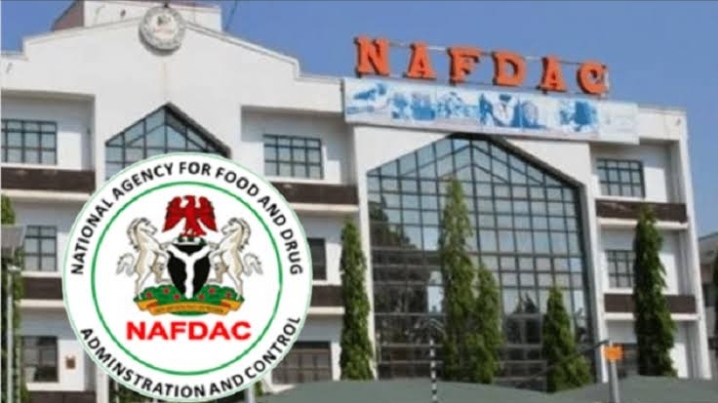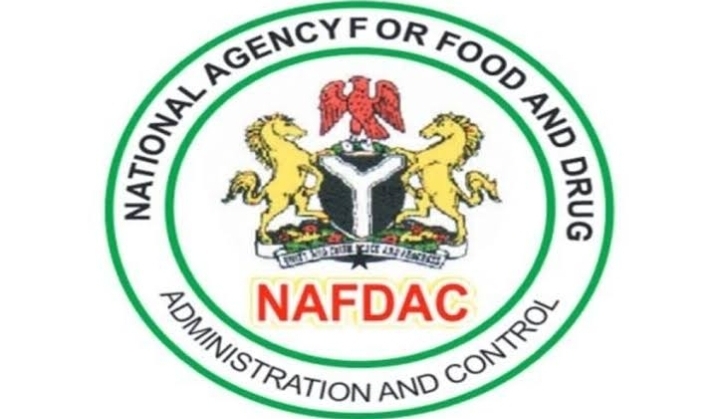
The National Agency for Food and Drug Administration and Control (NAFDAC) has raised an alarm over the prevalence of fake certificates of pharmaceutical products (CPPs) that are used to import drugs into Nigeria.
The Director-General of NAFDAC, Prof Mojisola Adeyeye, revealed this at the stakeholders’ engagement meeting with regulators, policymakers, and law enforcement agencies in Abuja.
She said that more than 50 per cent of the CPPs that come into the country are fake, and that NAFDAC has stopped over 140 products that were approved from entering the country through its pre-shipment testing scheme.
A CPP is a document issued by the World Health Organisation (WHO) that verifies the quality and safety of a pharmaceutical product and the applicant in the exporting country. It is only valid for one product, as different dosage forms and strengths may have different manufacturing and approval information.
Prof Adeyeye noted that NAFDAC’s goal is to ensure that medical products in circulation are of the right quality, safe, and efficacious, and that substandard and falsified products pose a serious threat to public health and universal health coverage in Nigeria, and Africa.
Read Also: Stop Producing Alcohol in Sachets-NAFDAC tells Distillers
She said that NAFDAC is a member of the global and regional regulatory bodies that agreed to ensure that products coming to the region are of quality, and that NAFDAC has a responsibility to deal with people that go to China or India to get fake CPPs.
“It’s a Member States issue, and we are going to deal with it,” she said.
She also added that NAFDAC is very stringent and do not tolerate any compromise on quality, and that the agency has blacklisted and sanctioned many companies that violated its standards.
“Trade is a mutual agreement and if that agreement is harming one part of the agreement, we will stop it. If a company is suspected to be compromising, in two hours we will be there, and we will shut the company down,” she warned.
She lamented that the relatively high prevalence of substandard and falsified medicines in Africa is due to limited regulation processes, and that only about 10 per cent of national regulatory agencies have attained maturity level three, which entails market control.
She further said that NAFDAC’s mandate is to see a reduction in substandard and falsified medicines, both the ones that are locally manufactured and the ones that are imported, and that NAFDAC is doing its best to fight them based on three thematic areas: prevent, detect and respond.
She, however, called for partnership and collaboration with other stakeholders to identify and address the lapses in the system, and to protect the health of the people.








Leave a Reply